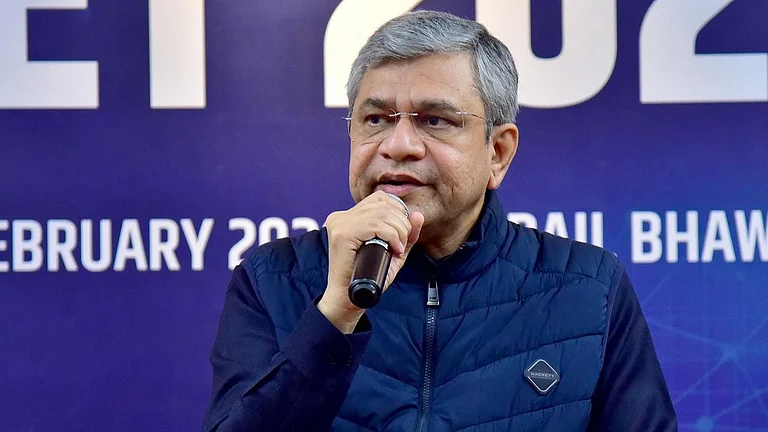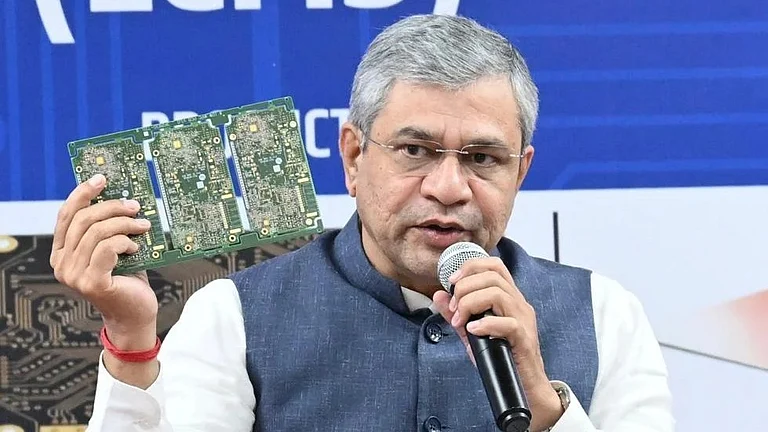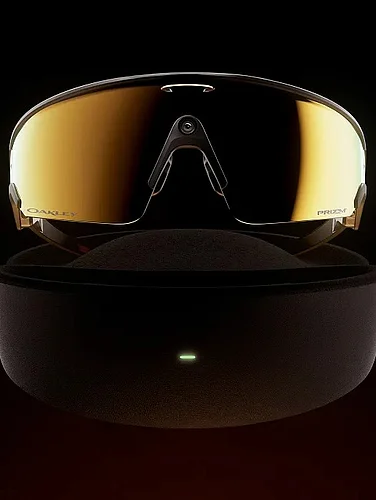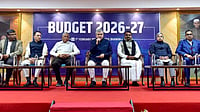
NetraSemi CEO Jyothis Indirabhai said India’s young talent pool is underutilised in the semiconductor revolution.
He noted that multinational companies often confine engineers to regression roles.
He added that startups offer a sharper edge, enabling freshers to work on first-generation chip design from the ground up.
India has a huge young talent pool, but much of it is not involved in the ongoing semiconductor revolution, as multinational companies often restrict engineers to regression roles. In contrast, startups offer opportunities to work on first-generation chip design and engage them in core technology, said Jyothis Indirabhai, CEO of NetraSemi, at Semicon India 2025.
“In many MNCs, young engineers were offered only regression roles, not design work. That is why I always suggest freshers to join startups; while startups may not have much in hand, they bring fresh ideas and offer opportunities to design and architect from the ground up,” he said.
Regression roles refer to verification or testing tasks (like regression testing of chip designs) rather than creative, first-principles design work.
He also shared that while establishing NetraSemi, he engaged several young talents from the Thiruvananthapuram region.
Indirabhai also spoke about the current surge in IP creation, noting that while it requires significant investment, designers can still achieve it through open-source tools if they have a clear design in mind.
“We didn’t want to simply ship products immediately. First of all, we didn’t have money to buy all the IPs. So what we focused on was IP building, intellectual property creation. Even with open-source tools, you can build IPs. As long as the design is in your brain, you can always convey it through open-source,” he said.
NetraSemi, a fabless semiconductor company based in Thiruvananthapuram, Kerala, is developing chips for Artificial General Intelligence (AGI) at the edge. Its technology allows AI and computer vision to run directly on small devices and computers, removing the dependency on cloud processing.
He welcomed India’s supportive policy and regulatory environment for the semiconductor industry, noting that it stands apart from the rest of the world based on his experience working across different geographies.
“There is a Prime Minister who is talking about semiconductors. Have you heard leaders anywhere else in the world speak so extensively about them? This reflects the government’s vision backed by innovative, comprehensive, and consistent policies and its confidence in the semiconductor community to deliver for India,” he said.
Indirabhai noted that while establishing NetraSemi, he enabled several young talents in the region to participate in first-generation chip design opportunities.
NetraSemi CEO said that the launch of the DLI scheme marked a turning point in investor interest.
‘In the early days, when I pitched to investors, many were unaware of semiconductors. Five or six years ago, investor awareness was very low. But after the DLI was announced, the situation changed; there was significant industry interest, and investors began engaging with us to understand semiconductors and the opportunities in the sector,’ he noted.
According to him, Semicon India has had a significant impact on startups like theirs. They engaged with the program in 2023.
“In mid-2023 at Semicon India in Delhi, the Minister presented us with the Future Science Startup Award. That recognition was a turning point, and two years later, we are still standing strong,’ he said.”
































